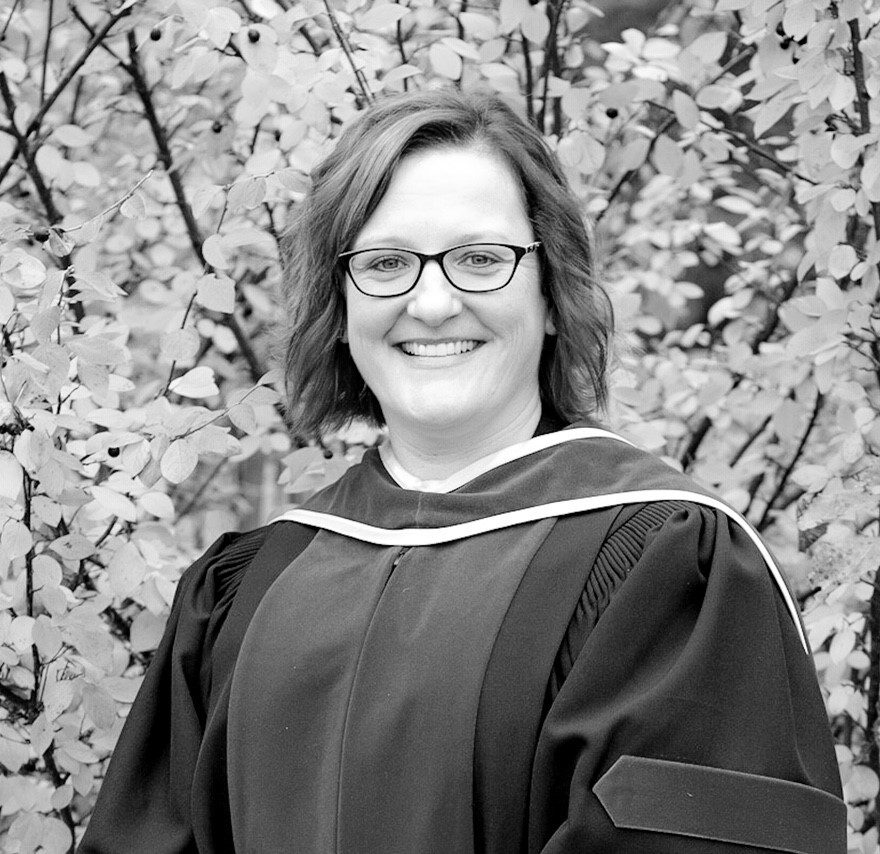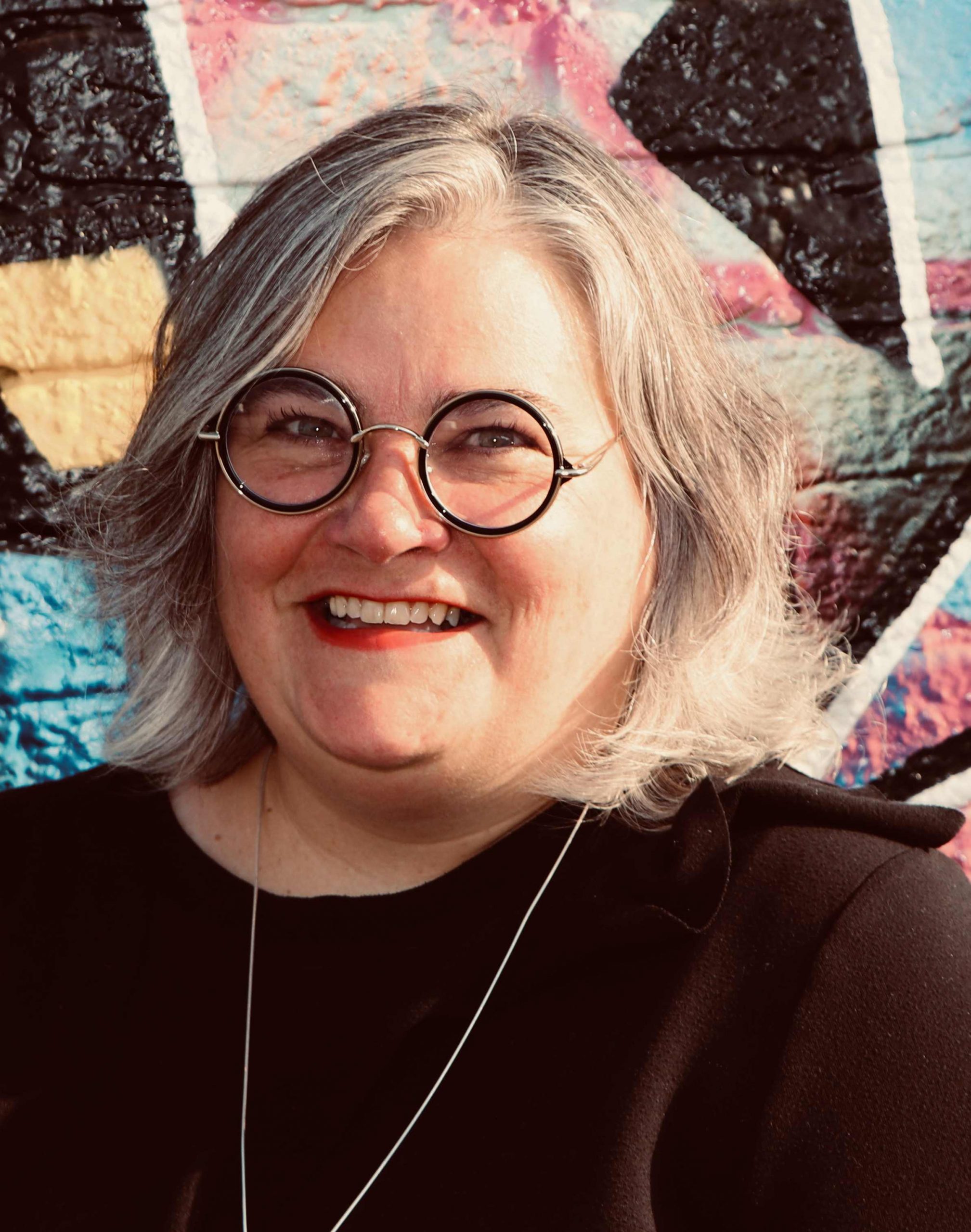
By
Candy Skyhar and Alysha Farrell
March 2022
Print Version
What you need to know
It is common in many professional fields (e.g., health, education, law, business) for individuals to enter academe from practice. This transition from professional practice to a university context, while often viewed as a prestigious step upward, can be fraught with challenges, particularly for women. Understanding the challenges faced by professionals (in this case professional women educators) transitioning to academe is important for institutional and cultural change to occur.
How this research was conducted
In our second year as new teacher educators transitioning from the field of public education, we became involved in the revamping of an Integrated BA/BEd Program (IP) in our Faculty of Education. In addition to being intimately involved in the program’s revisioning, we elected to design and team teach the first two courses in the new program (in our 3rd year). Having been warned about the dangers of taking on leadership work as new faculty, we became interested in our experiences in terms of what could be learned from them, and how they impacted our emerging identities as new teacher educators.
This autoethnographic study examined 25 weekly recorded conversations we engaged in over the academic year in which we team taught the first two IP courses. The conversations were transcribed, coded, and analyzed for themes using an ecofeminist lens.
What the researchers found
Three themes, or lessons learned, were identified from the data. The first theme, titled Beware of Institutionally Invisible Work, examined the ways in which we, as two new faculty members, found ourselves paradoxically torn between what the institution recognized as important for tenure and promotion, and what we, as teacher educators, felt morally and professionally obligated to address in a struggling program. Our second lesson learned, This is not High School, Dorothy!, looked at our developing understandings of the differences and similarities between our previous professional contexts and our new contexts in academe. Finally, the third theme, Two Heads and Hearts Are One, examined what we learned through our work together as our individual strengths, reflective conversations, and compassionate witnessing created understandings that would otherwise not have been possible.
Our research problematizes the valuations and separations between the work of theorizing, writing, and researching and more embodied processes such as teaching and service in academe. Moreover, it allowed us to recognize a darker side of academe that delegitimizes the feminized, embodied work of teaching and service in its culture and institutional processes. It was through our recognition of the dualisms that exist in academe (e.g., mind/body, rational/emotional, research/teaching and service) that we became motivated to push back against such false dichotomies, embracing our whole selves and all of the work we engage in.
How this research can be used
This work is important in terms of understanding institutional culture in faculties of education for professional women educators transitioning to academe. By understanding the ways in which teaching and service work are delegitimized in university contexts, it is possible to examine and change institutional cultures and processes such as acquiring tenure and promotion. Finally, the work offers insight into the ways in which institutions might support professionals entering academe from their chosen fields, something that would benefit both individuals and the institutions they serve.
Acknowledgements
This research was funded by Brandon University through a BU New Faculty Research Grant and a Brandon University Knowledge Mobilization Grant.
About the Researchers
Keywords
- ecofeminism
- new women faculty
- professional women educators
- service
- teaching
Publications Based on the Research
Skyhar, C. L., & Farrell, A. J. (in press). Shadows and light: Professional women educators transitioning to academe. In Education.
Farrell, A. J., & Skyhar, C. L. (2021). Mothers, monsters and dolls: Shifting identities of early career women in academe. In E. Lyle & S. Mahani (Eds.), Sister scholars: Untangling issues of Identity as women in academe (pp. 149–158). DIO Press.
Editor: Christiane Ramsey
Read more BU Research
Research at Brandon University follows comprehensive policies designed to safeguard ethics, to ensure academic integrity, to protect human and animal welfare and to prevent conflicts of interest.


